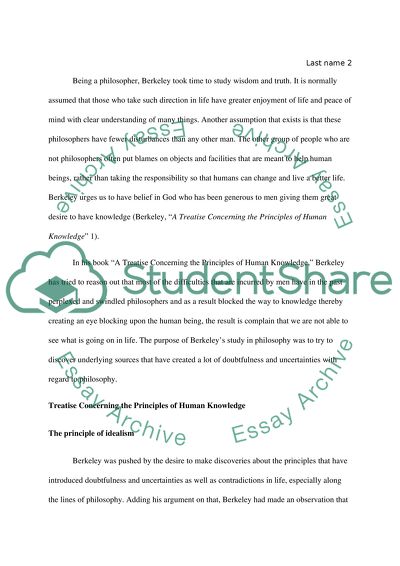Cite this document
(“George Berkeley and his famous work A Treatise Concerning the Essay”, n.d.)
Retrieved from https://studentshare.org/philosophy/1489709-george-berkeley-and-his-famous-work-a-treatise
Retrieved from https://studentshare.org/philosophy/1489709-george-berkeley-and-his-famous-work-a-treatise
(George Berkeley and His Famous Work A Treatise Concerning the Essay)
https://studentshare.org/philosophy/1489709-george-berkeley-and-his-famous-work-a-treatise.
https://studentshare.org/philosophy/1489709-george-berkeley-and-his-famous-work-a-treatise.
“George Berkeley and His Famous Work A Treatise Concerning the Essay”, n.d. https://studentshare.org/philosophy/1489709-george-berkeley-and-his-famous-work-a-treatise.


